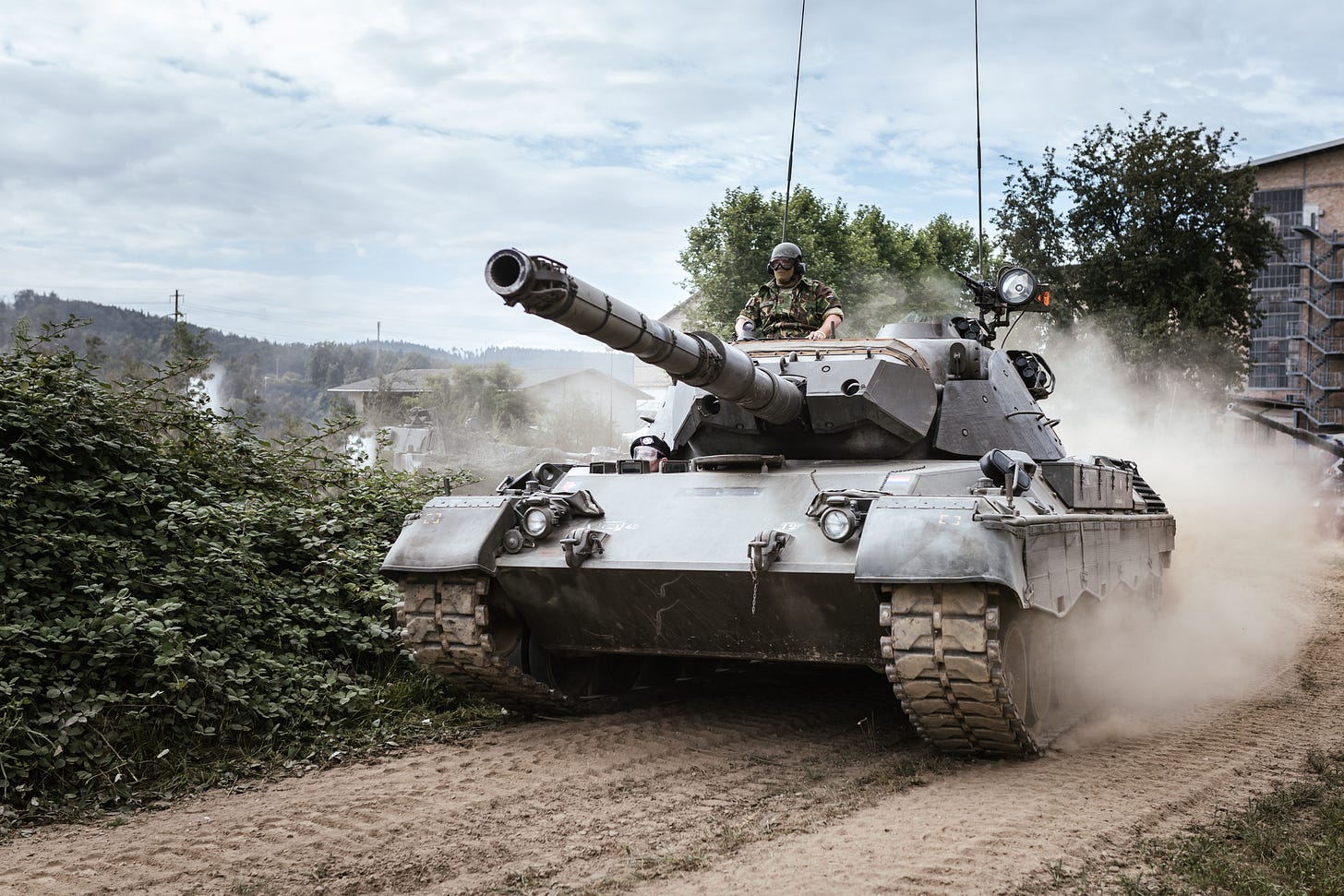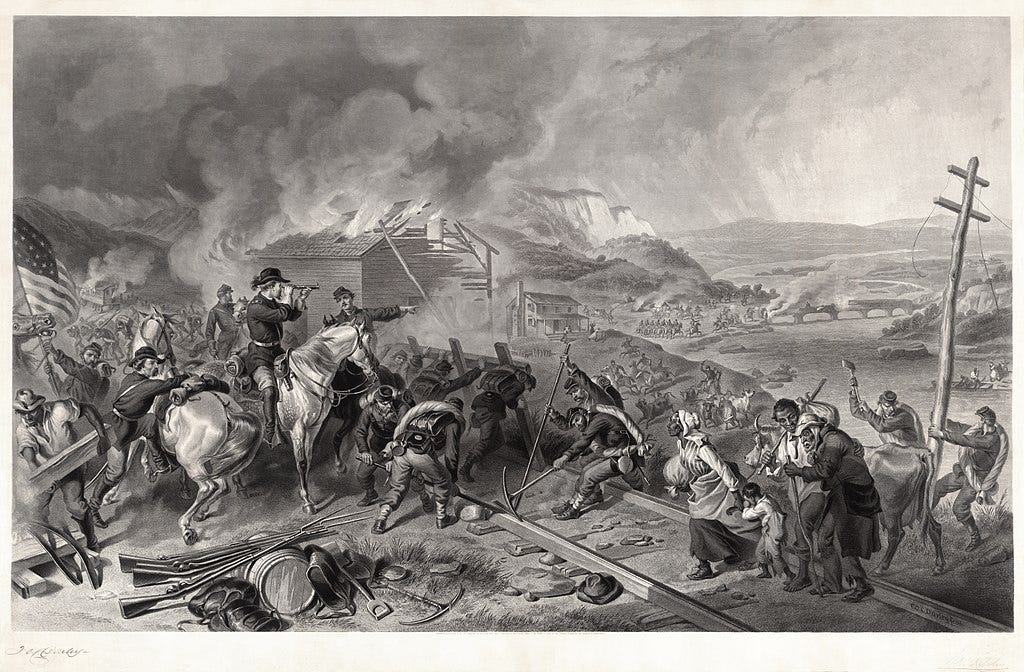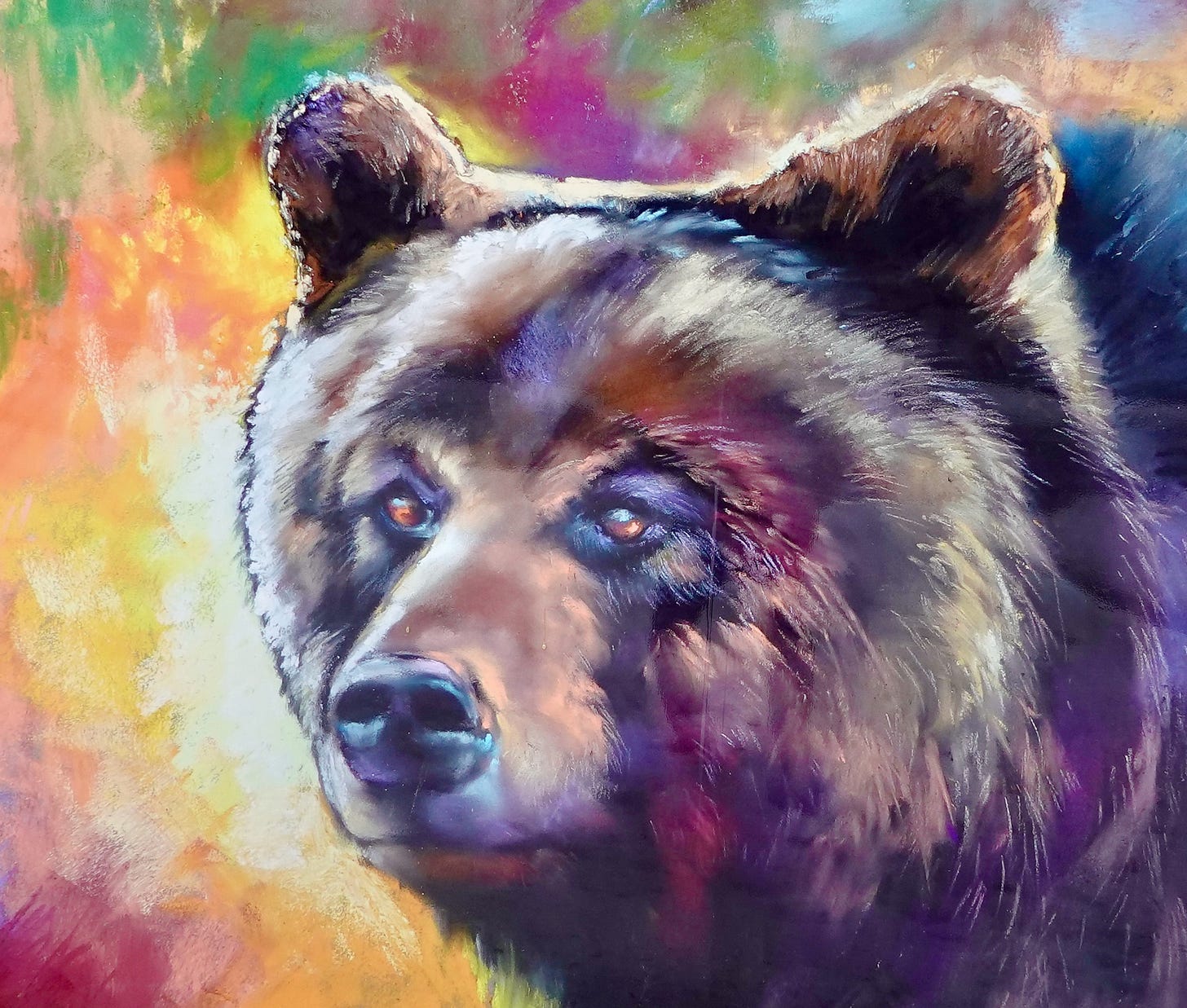
The Invasion
“Ukraine invasion: rapid overview of environmental issues” is the headline of a report from the Conflict and Environmental Observatory.
With media’s full focus on the human toll, this could be the only bit of news you’ll hear about impacts on other life:
The fighting close to Kherson, to take the bridge over the Dnieper, resulted in fires in the Black Sea Biosphere Reserve. These fires were detectable from space, and may have destroyed trees and unique habitats for birds in the largest nature reserve in Ukraine.
The Ukrainian military have laid landmines along at least one beach near Odesa in an effort to prevent an amphibious landing. The intense shelling of sites like the notorious Snake Island may have left permanent scars on bio and geodiversity.
The Revelator, another online environmental news source, mentions 20 endangered species in Ukraine that are potentially at greater risk because of the fighting. These include the semi-aquatic, mole-like Russian desman, which is threatened by fishing nets and habitat loss; the endemic Crimean rowan, an extremely rare plant under attack by an invasive wasp; and Physcomitrium arenicola, a moss endangered by livestock grazing and tree plantations.

War Is Hell
In 2015, a team of Canadian biologists described the effects of warfare on nature. Impacts on land, air, water, climate, vegetation, and wildlife are truly mind-boggling. They include:.
Death and injury from ordnance, wild fires and every type of pollution imaginable; nuclear blasts, testing, contamination, and radiation; massive greenhouse gas emissions; damage to terrestrial and ocean life from noise; spread of invasive species; clearing of habitats for military infrastructure; increased manufacturing, agriculture, and other industries to support the war machine; widespread disruption of ecosystems; destruction of wildlife and habitat by soldiers, civilians, and war profiteers; and impacts on nature by human victims of war.
Many of these horrors take place, not only during actual military conflicts, but also routinely in never-ending preparation for war.
When Humans Back Off
Military confrontations sometimes force humans to concede territory to wildlife, however temporarily. Perhaps the best known case is the DMZ (demilitarized zone) on the Korean Peninsula, a safe haven for thousands of species, including rare animals such as Asiatic black bear, Amur leopard, and Amur goral, and over 175 endemic plants.
In eastern Ukraine’s heavy industrialized Donbas region (a political flashpoint of the current conflict), wildlife has made a surprising comeback despite years of fighting. Wild predators, such as wolves, jackals and foxes, along with wild boar, rare marbled polecats, endangered steppe marmots, and great white pelicans are reported thriving because of a relative absence of human activity along the 450-kilometer militarized frontline.
Elsewhere in Ukraine, fighting is now underway at the Chernobyl nuclear plant disaster site (contaminated in 1986). Over the years, a human exclusion zone (due to radiation hazards) became a significant recovery area for wildlife and nature. One wonders how the current conflict will affect wildlife, including wolves, brown bears, lynx, moose, and red deer, that came back in the absence of humans. Even Przewalski’s horse lives there, having been introduced in 1998 to replace the tarpan, an extinct horse native to the Russian steppe.
Human Supremacy
What are the connections between our intraspecific wars, our broader war on nature, and human supremacy? Here’s some food for thought:
Warfare brings out the worst of human arrogance and disrespect toward the natural world. Wildlife and nature are not just “resources” to be exploited (as perceived during peace time) but are also things to be destroyed when standing in the way of military goals.
War has little mercy for people, and no mercy for more-than-human life. People speak out against military operations that terrorize, injure, and kill civilians, but collateral damage to nature is of little or no concern.
Wars are tied to a belief that one group is superior to another. The more you feel that way toward others, the more you can justify ruthlessness toward them. There’s every reason to oppose racism. But there is also every reason to oppose speciesism (the assumption of human superiority that results in overexploitation of other life). Opposition to speciesism, as well as racism, would help prevent war.
No, we’re not superior to other life. Actual superior beings would:
Honor and respect the right of other beings to live
Not kill their own kind
Not degrade and destroy their home
We are anguished by the human costs of war. We should be equally anguished by the harm war causes to other life.





Anthropology has a pretty simple scientific explanation. Population pressures (aka overpopulation) produces competition among humans, and it produces competition between humans and Nature. From “Children of the Forests”, to “Masters of the Universe”.
Excellent article. The mainstream media rarely reports on anything other than humans and occasionally their pet I scour media reports for non human related deaths and injuries but can find nothing